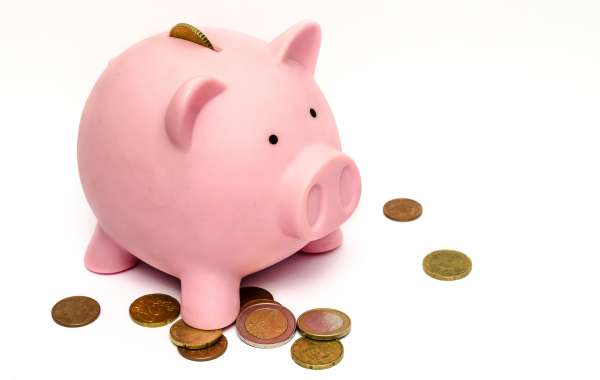In today's fast-paced world, it is more important than ever to manage your finances effectively. One of the key aspects of financial management is creating and sticking to a personal budget. A personal budget is a roadmap that helps you track your income and expenses, allowing you to make informed decisions about your spending and saving habits. In this article, we will discuss the importance of having a personal budget and provide you with some tips on how to create and maintain one effectively.
Personal Budget: What is it and why do you need it?
A personal budget is a financial plan that outlines your income and expenses for a specific period, usually a month. It serves as a tool to help you keep track of your financial health and make informed decisions about how to allocate your resources. By creating a personal budget, you can identify areas where you are overspending and make adjustments to ensure that you are living within your means. Additionally, having a personal budget can help you set financial goals and work towards achieving them.
How to Create a Personal Budget
Creating a personal budget is a relatively straightforward process that can have a significant impact on your financial well-being. Here are some steps to help you create a personal budget:
- Gather Your Financial Information: Start by gathering information about your income sources, such as your salary, bonuses, and any other sources of income. Next, gather information about your expenses, including rent or mortgage payments, utilities, groceries, and discretionary spending.
- Calculate Your Income and Expenses: Once you have gathered all the necessary information, calculate your total monthly income and expenses. This will give you a clear picture of your financial situation and help you identify areas where you need to make adjustments.
- Set Financial Goals: Based on your income and expenses, set financial goals for yourself, such as saving for a vacation, paying off debt, or building an emergency fund. Having clear financial goals will help you stay motivated and focused on your budgeting efforts.
- Track Your Spending: Keep track of your expenses by recording them in a budgeting tool or using a spreadsheet. This will help you identify areas where you may be overspending and make adjustments as needed.
- Review and Adjust: Regularly review your budget to ensure that you are staying on track with your financial goals. If you find that you are consistently overspending in certain areas, make adjustments to your budget to bring it back into balance.
Benefits of Having a Personal Budget
Having a personal budget offers numerous benefits, including:
- Financial Awareness: A personal budget helps you become more aware of your financial situation and empowers you to make informed decisions about your money.
- Control Over Your Finances: By creating a personal budget, you take control of your finances and make intentional choices about how to allocate your resources.
- Achieving Financial Goals: A personal budget can help you set and achieve financial goals, such as saving for a down payment on a house or paying off debt.
- Reducing Financial Stress: Knowing where your money is going and having a plan for your finances can reduce financial stress and anxiety.
Conclusion
In conclusion, creating and sticking to a personal budget is a crucial step towards achieving financial stability and freedom. By following the steps outlined in this article and being diligent in tracking your income and expenses, you can take control of your finances and work towards achieving your financial goals. Remember, a personal budget is not set in stone and can be adjusted as needed to reflect changes in your financial situation. Start today and take the first step towards mastering your personal budget and achieving financial freedom.




